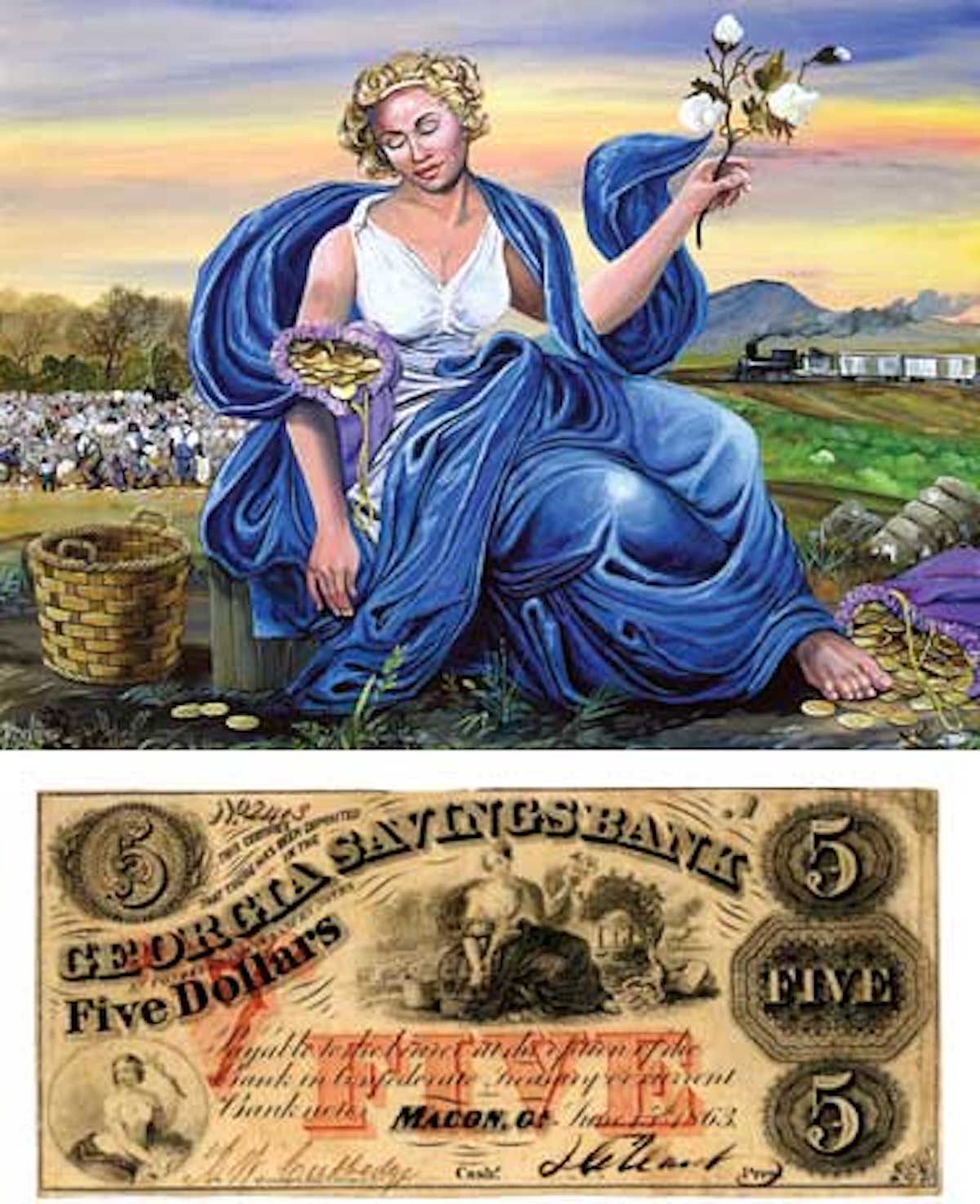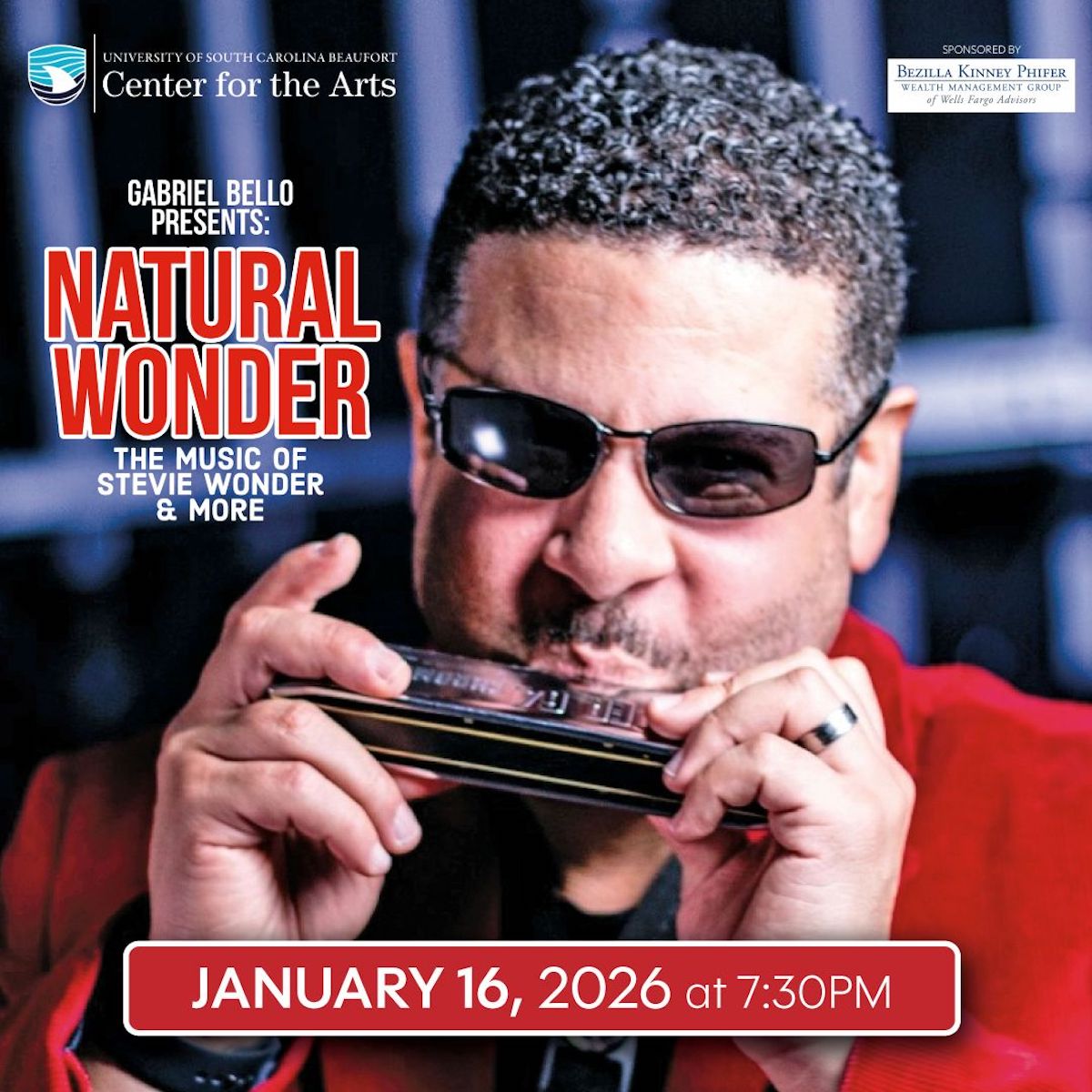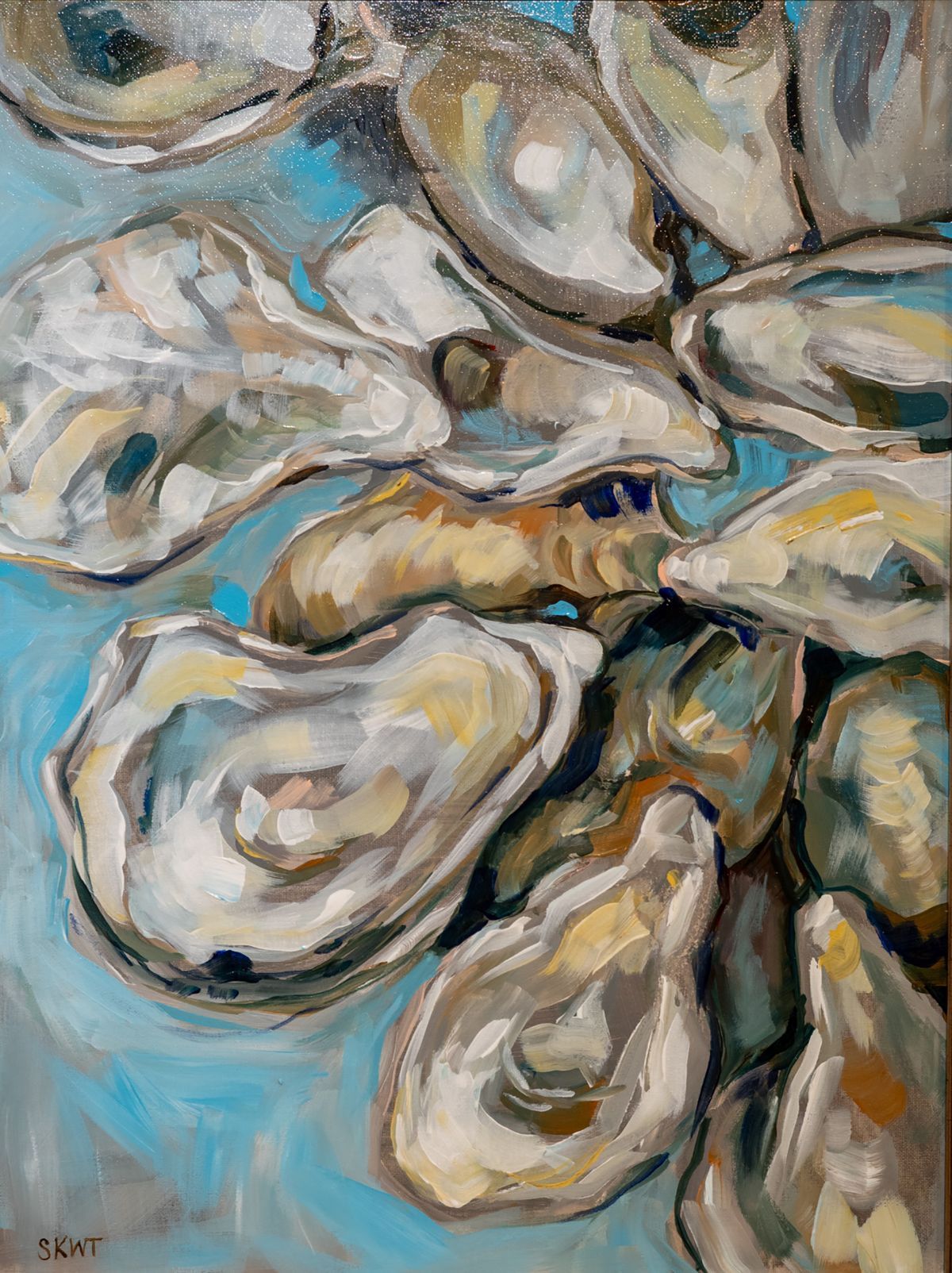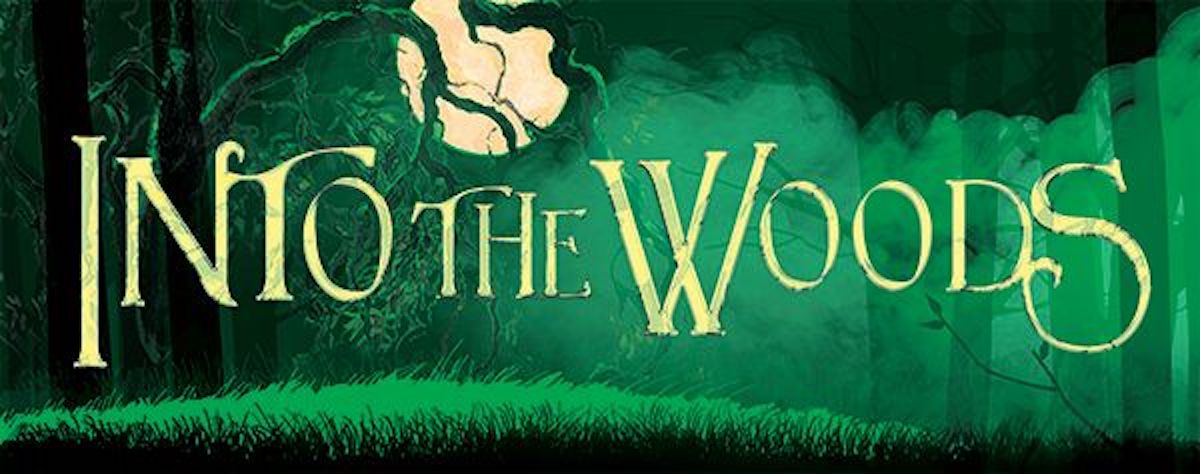A preview of Verdi’s “Un Ballo in Maschera” by The Met Opera: Live in HD at the USCB Center for the Arts, Saturday, Dec. 8, at 12:55 p.m.
By Alan Schuster
Most of the time, an opera “seria” means that either a soprano or a tenor will die in the final act. Such is the case with Verdi’s masterpiece, “Un Ballo in Maschera”, loosely based on an actual event, the assassination of King Gustave III of Sweden at a masked ball in 1792. But when it debuted in Rome in 1859, censors found it too provocative, maybe even a little inspiring. Back then, there were a lot of stabbable royals. Consequently, Verdi had no choice but to make concessions — and quickly. After a couple of venue changes, he finally settled on America with Gustave becoming Riccardo, the governor of Massachusetts. Now the Met is taking the opera back to its original location, only this time in an early 20th century setting, including abstract imagery. In short, the ball is back in Stockholm’s court.
Cast: Gustavo, King of Sweden; Count Anckarstrom, Gustavo’s friend: Amelia, Anckarstrom’s wife; Oscar, a court page; Ulrica, fortune-teller; two conspirators.
Act I: Gustavo is checking his guest list for an up-coming masked ball. He’s in love with Amelia, the wife of his friend, Anckarstrom, who tells him of an assassination plot, which the king ignores. The page Oscar enters and tells him about the fortune-teller Ulrica, who has been accused of witchcraft. Gustavo and others decide to pay her an incognito visit. Ulrica predicts that the next person to shake Gustavo’s hand will ultimately kill him. The two friends laugh it off — and then shake hands!
Highlights
Gustavo: “La rivedra nell’ecstasi…” (With rapture I look upon her…). Seeing Amelia’s name on the guest list, he sings a simple, yet beautiful, song of his love for her. Gustavo: “Dunque, signori …” (May all worries dissolve…). It’s a high-spirited invitation, urging his friends to pay a visit to Ulrica. Gustavo: “E scherzo od e follia…” (Is this a joke or madness…) Another Verdi ensemble marvel as five characters react to Ulrica’s prophecy.
Act II: In a deserted field, Amelia and Gustavo meet at night and confess their love for one another. Anckarstrom arrives to warn the king of imminent danger. Amelia covers her face, hoping that her husband will not recognize her. Gustavo asks Anckarstrom to lead her away, but not to reveal her face to anyone. When the conspirators appear, tensions erupt, causing Amelia’s veil to drop. Seeing it’s his wife, he vows vengeance against the king, and decides that he will join with the conspirators.
Highlights: “Teco io sto…” (Here I am with you…). This duet sets in motion 15 minutes of remarkable music and intense drama. What begins blissfully leads to a “shock-and-awe” finale, much to Amelia’s shame, Anckarstrom’s fury, and the mocking laughter of the conspirators.
Act III: At home, Anckarstrom awaits the arrival of the conspirators who will draw lots to decide who will kill the king. When Amelia enters, she is ordered to draw a name from a vase. It’s Anckarstrom’s. Later, when they are invited to the ball by Oscar, they decide that this will be the opportunity — incognito — to kill him.
Before entering the ballroom, Gustavo signs a document which will dispatch the couple to Finland as envoys, hoping that this will end the terrible situation. Oscar enters with an anonymous note, warning him of the plot. He ignores it and leaves for the party.
The ball is in progress with everyone in disguises. No one recognizes Gustavo — except Amelia — who begs him to leave. He tells her of his plan, and then they share a final moment together as the gaiety continues. Anckarstrom, learning of Gustavo’s identity, emerges from the crowd and stabs him. Mortally wounded, Gustavo proclaims Amelia’s innocence, forgives his conspirators, and dies.
Highlights: Anckarstrom: “Eri tu…” (It was you…). After denouncing the king’s treachery, he recalls past happiness in this classic aria, ending with a moving climax.
Trio: Anckarstrom and the conspirators meet to decide the fate of Gustavo, declaring that “Dunque l’onta di tutti…” (Honor unites us…). A superb solo trumpet adds to the tension of this tremendously effective scene.
Amelia, Gustavo duet: “T’amo, si…” (I love you). Dance music forms the background for most of this final scene. Even when this passionate duet is taking place, a mazurka can be heard. Few love duets can claim to have such a sad and shocking ending.
Gustavo: “Ella e pura…” (She is pure…). In his final moments, he defends Amelia’s honor, then dies as the curtain falls. “And so ends one of Verdi’s masterpieces, a music drama worthy of its place in the great Italian opera tradition,” said Opera historian Charles Osborne. He also said, “Ballo has the pulse of a cannon.”
The best operas don’t always have the best singers, but this one does. Two in particular — Sondra Radvanovsky (Amelia) and Dmitri Hvorostovsky (Anckarstrom) — are often alluded to as a “Verdi soprano” and a “Verdi baritone.” Marcelo Alvarez, on the other hand, will sing Gustavo, a favorite role of the former “Verdi tenor” Luciano Pavarotti. Coloratura soprano Kathleen Kim and mezzo-soprano Stephanie Blythe will perform as Oscar and Ulrica.
Tickets: Adults $20; OLLI members $16; Students under 18, $10. All seats are assigned and the box office opens at USCB Center for the Arts one hour prior to the 12:55 p.m. curtain time, or call 521-4145.
Next week: the second of back-to-back Verdi masterpieces, his brilliant grand opera “Aida.”





